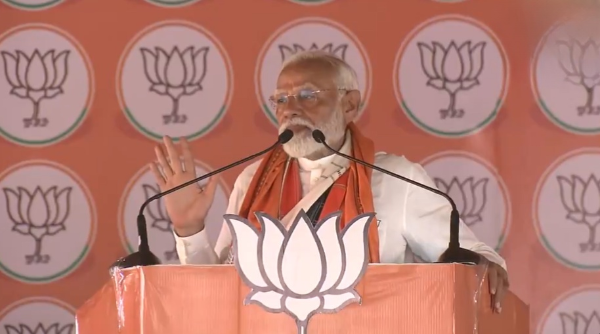In a recent public gathering in Patliputra, Bihar, Prime Minister Narendra Modi launched a scathing attack on the Congress party over their handling of laws related to minority institutions. He alleged that the Congress party, in an attempt to please their vote bank, changed these laws overnight, leading to the declaration of thousands of institutions as minority institutions.
Prime Minister Modi highlighted the impact of these changes on the reservation policies for Scheduled Castes (SC), Scheduled Tribes (ST), and Other Backward Classes (OBC). “Earlier, SC/ST/OBC used to get full reservations during admission to these institutions,” he said.
The Prime Minister’s comments come amidst ongoing debates about reservation policies in India. Currently, around 60% of seats in government jobs and higher educational institutions are reserved for various sections like ST, SC, OBC, and Economically Weaker Sections (EWS).
However, the Supreme Court has ruled that SC/ST/OBC reservation does not apply to minority educational institutions, and the government cannot force such institutions to provide reservations to SC/ST/OBC candidates. This ruling has sparked a debate over the balance between minority rights and social justice.
The Congress-led government in 1981 made changes to the laws governing minority institutions, including granting minority status to Aligarh Muslim University (AMU) among others. However, the Supreme Court has noted that these amendments did not confer the “complete minority character” on AMU.
The Prime Minister’s remarks have brought the complex issue of minority rights and affirmative action back into the spotlight. The outcome of this debate could significantly influence the future of educational policies in India.



